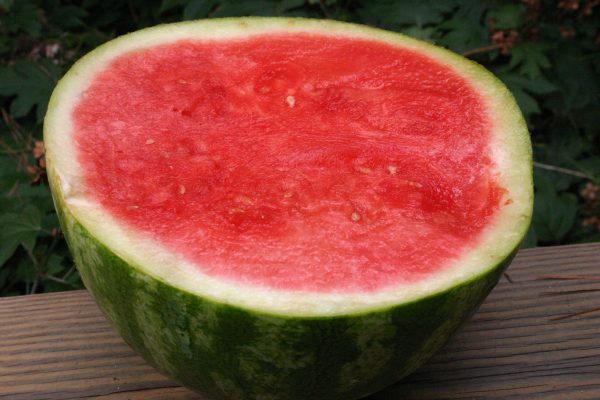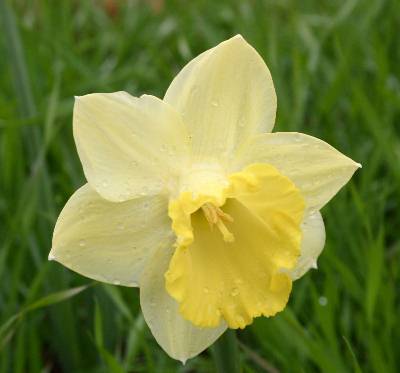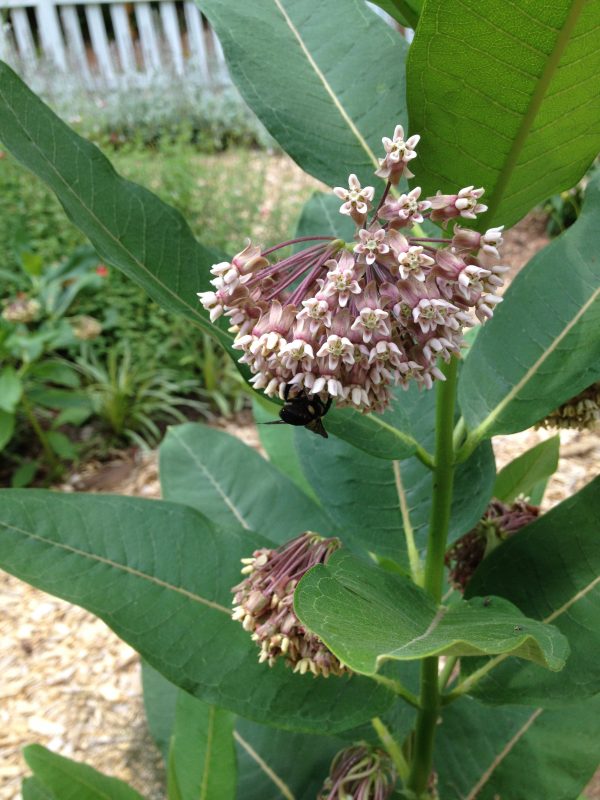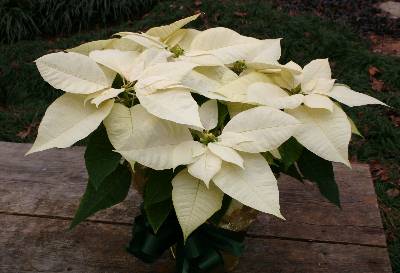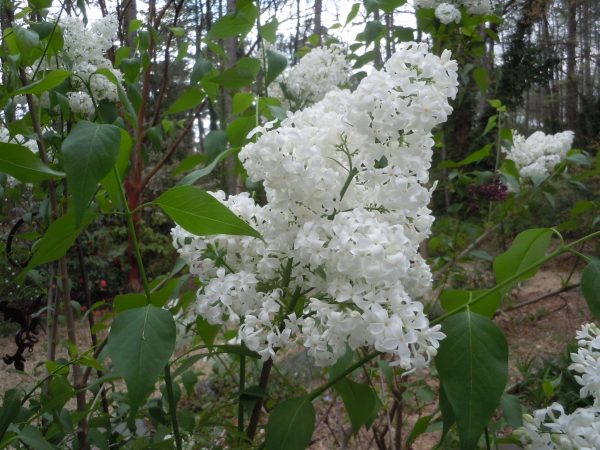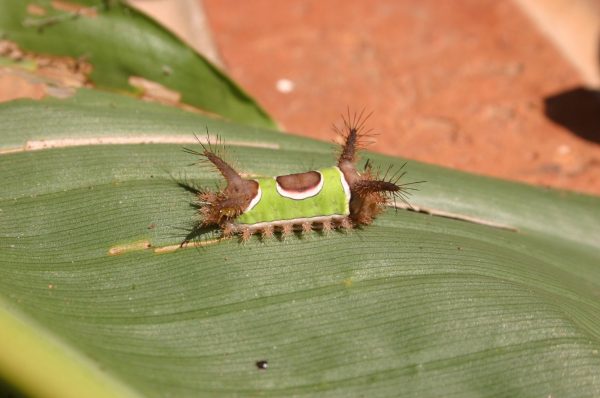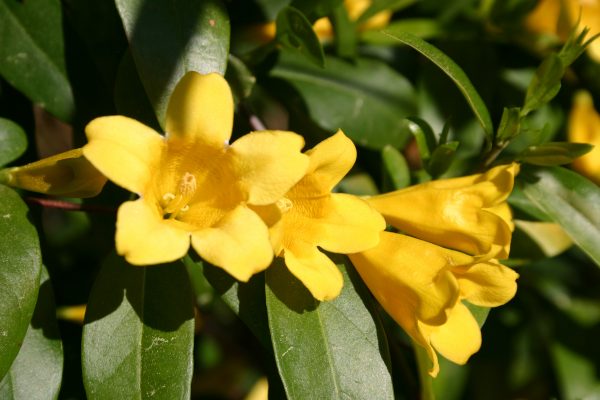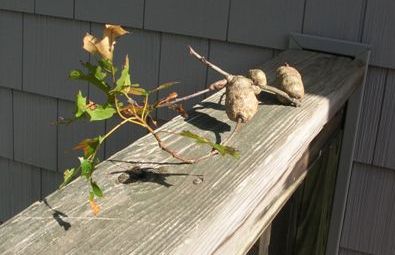Onions and Leeks – Home Garden
Growing Onions and Leeks in the Home Garden
by Orin Martin
taken from the Center for Agroecology & Sustainable Food Systems newsletter
zzyx.ucsc.edu/casfs/community/20.2.pdf
Over time the genus Allium, which includes onions, leeks, and garlic, has been variously listed under the Liliaceae and the Amaryllidaceae families. Both families have been comprised of a wide spectrum of distantly related heterogenous plants.
In 1985 botanists Rolf Dahlgren, H.T. Clifford, and Peter Yeo published The Families of Monocotyledons. Their startling new view of the monocots created 40 new families! While this arrangement may be consistent with DNA sequencing, it wreaks taxonomic havoc for entry-level botanists and gardeners. Nonetheless, genus Allium is now placed in its own family, Alliaceae (technically, bulbous plants with basal leaves, flowers borne in a leafless umbel with subtending bracts and a superior ovary). The Alliums are a rarity, in that they are one of the few vegetables that are monocots.
There are approximately 400 species of wild onions, leeks, and their relatives found world-wide. The principal garden species are –
Allium cepa -bulbing onions
Allium cepa aggregatum -shallots, multiplier onions, potato onions
Allium cepa proliferum -topset onions, Egyptian onions, tree onions
Allium sativum sativum -softneck, artichoke garlic
Allium sativum ophioscorodon -stiffneck, ophio, topsetting garlic
Allium ampleloprasum (porrum) -leeks, elephant garlic
Allium fistulosum -bunching onions, scallions
Allium schoenoprasum -chives
Allium tuberosum -Chinese chives
ONIONS






